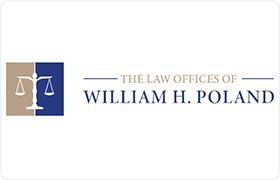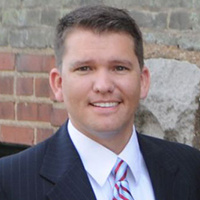Kingston Springs Criminal Lawyer, Tennessee
Sponsored Law Firm
-
 x
x

Click For More Info:
-
Law Offices of William H. Poland
408 Franklin St Clarksville, TN 37040» view mapCriminal Defense Law Sound, Professional, & Timely Service
As your attorney, you can be assured that we will use our best reasonable efforts to conclude your matter favorably and to keep you advised of the status of your case.
800-810-3461
Diann Smithson
Litigation, Federal Appellate Practice, Criminal, Administrative Law
Status: In Good Standing Licensed: 12 Years
Diann Mosley Smithson
Litigation, Federal Appellate Practice, Criminal, Administrative Law
Status: In Good Standing Licensed: 12 Years
Nicole Horn
Tax, Criminal, Dispute Resolution, Federal Appellate Practice
Status: In Good Standing Licensed: 17 Years
 Will Poland Clarksville, TN
Will Poland Clarksville, TN Practice AreasExpertise
Practice AreasExpertise
